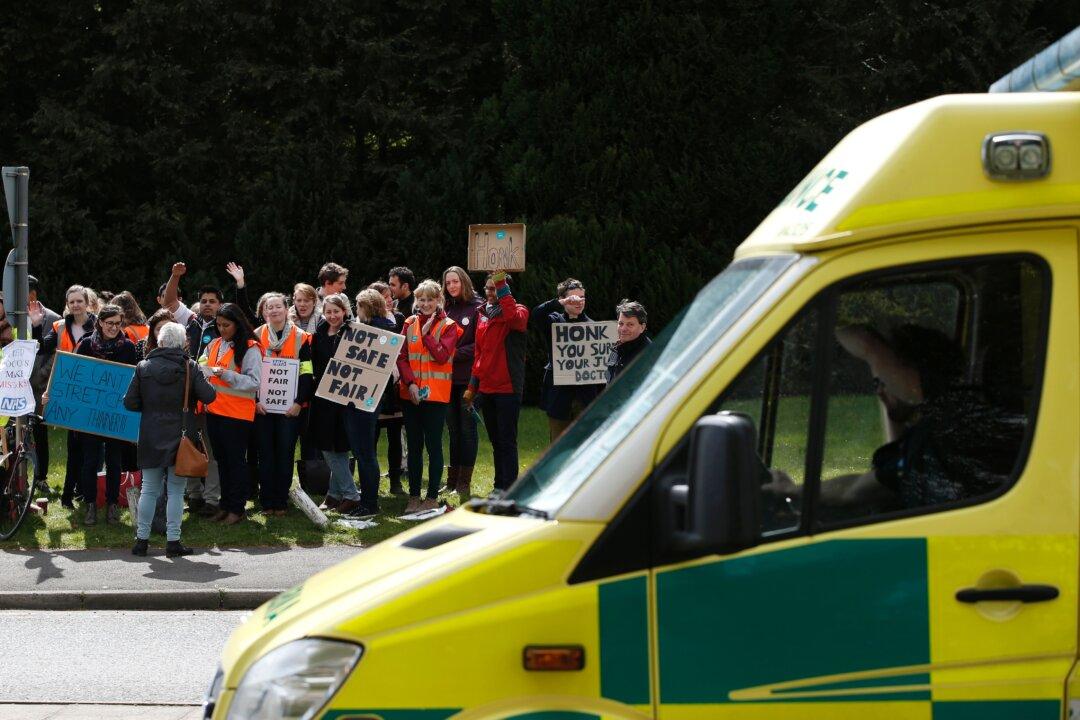A new study in the UK shows that radicalisation is now more likely to take place online rather than in person but is likely to result in a conviction for non-violent extremist offences.
Written by the Nottingham Trent University (NTU) along with His Majesty’s Prison and Probation Service (HMPPS) and Bournemouth University and published on Dec. 8 by the UK’s Ministry of Justice, the report said plots that were planned or devised over the internet are unlikely to progress past the planning stage and are the most likely plots to be foiled.




